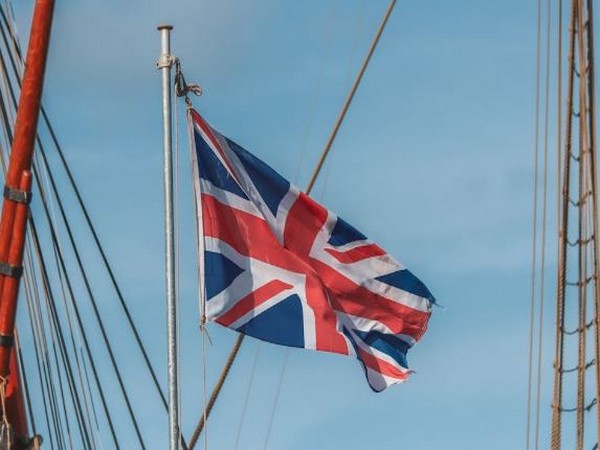London [UK], October 25: Commonwealth heads of government are preparing to defy the United Kingdom and agree plans to examine reparatory justice for the transatlantic slave trade, the BBC has learned.
Downing Street insists the issue is not on the agenda for the summit of 56 Commonwealth countries, which begins in the Pacific island nation of Samoa on Friday.
But diplomatic sources said officials were negotiating an agreement to conduct further research and begin a "meaningful conversation" about an issue which could potentially leave the UK owing billions of pounds in reparations.
Frederick Mitchell, foreign minister of the Bahamas, told BBC Radio 4's Today programme: "Once you broach the subject it may take a while for people to come around but come around they will."
Reparatory justice for slavery can come in many forms, including financial reparations, debt relief, an official apology, educational programmes, building museums, economic support, and public health assistance.
The current text of the draft summit communique - made known to the BBC - says: "Heads, noting calls for discussions on reparatory justice with regard to the transatlantic trade in enslaved Africans and chattel enslavement. agreed that the time has come for a meaningful, truthful and respectful conversation towards forging a common future based on equity."
It says the heads of government would play "an active role in bringing about such inclusive conversations addressing these harms" and that they agreed "to prioritise and facilitate further and additional research on the transatlantic trade in enslaved Africans and chattel slavery that encourages and supports the conversations and informs a way forward".
The text - which could still change once Commonwealth leaders arrive - has been hammered out by diplomats ahead of the summit. British officials succeeded in blocking a plan for an entirely separate declaration on the subject.
The UK did not want any language in the communique about reparatory justice, but at the moment it is having to accept it will include three full paragraphs setting out the Commonwealth's detailed position.
Officials from Caricom, the body that represents Caribbean countries, have sought to broaden the issue so that it encompasses not just the slave trade across the Atlantic but also the Pacific.
The draft communique says a majority of member states "share common historical experiences in relation to this abhorrent trade, chattel enslavement, the debilitation and dispossession of indigenous people".
It also refers directly to practices known as "blackbirding", where Pacific islanders were tricked or kidnapped into slave or cheap labour in colonies throughout the region.
Diplomats said the expectation now was that reparatory justice would be a central focus of the agenda for the next Commonwealth summit in two years' time in the Caribbean, possibly Antigua and Barbuda.
In the run-up to this year's summit, there have been growing calls from Commonwealth leaders for the UK to apologise and make reparations worth trillions of pounds for the country's historic role in the slave trade.
A report published last year by the University of West Indies - backed by Patrick Robinson, a judge who sits on the International Court of Justice - concluded the UK owed more than £18tn in reparations for its role in slavery in 14 Caribbean countries.
Source: Fijian Broadcasting Cooperation

